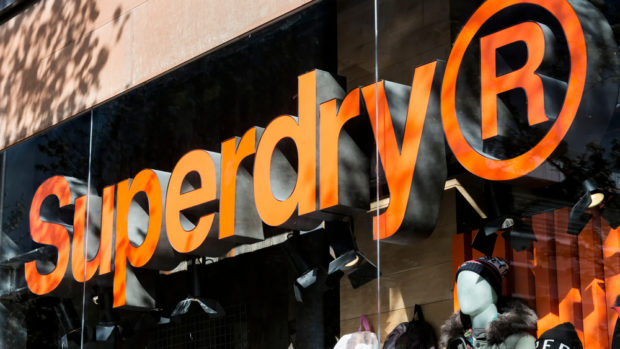
Almost half (43 per cent) of consumers would pay more for a product or service if they knew it was ethically or sustainably sourced, while 33 per cent have paid more in practice, according to new research by supercharged commerce.
On average, shoppers agreed they would be willing to pay around 20 per cent more for an ethically or sustainably sourced product, according to the nationwide study of 2,000 UK consumers.
However, brands must approach with care, as the research revealed that 62 per cent of customers believe that brands use sustainability as a ‘tick box’ exercise, while 54 per cent feel the same about brand activism. ‘Greenwashing’ – where companies deceptively persuade the public that the company’s products and policies are environmentally friendly – was also an issue, with over half of those surveyed feeling that brands do this.
The survey, which looked into consumer shopping habits across the generations, also found that 69 per cent of shoppers think it’s important for brands to be clearly able to demonstrate their sustainability credentials. Overall, consumers want to shop with companies that have values which align with their own, with 70 per cent of shoppers saying this is important to them. When asked to pick the brand values and attributes which were most appealing to them, consumers ranked quality on top, followed by trustworthiness and sustainability.
Commenting on the findings, Tim Edwards, founder of supercharged commerce, said: “The past year has not only seen a spike in online sales, it’s seen consumers care more about shopping with brands that align with their values. As the time we spent at home significantly increased, consumers had more time to consider, research and evaluate the brands they were buying from.”
The survey solidified that younger generations are leading the charge on purpose-driven spending. Over half of Gen Z and 46 per cent of Millennials said they now spend more time researching a brand’s ethics and sustainability credentials than they did 12 months ago, compared to just 22 per cent of Baby Boomers and 6 per cent of the Silent Generation. When asked how long they spent researching a brand’s ethics and sustainability credentials, both Gen Z and Millennials agreed it was around 32 minutes per month.
“The younger generation are leading a significant shift towards more purpose-driven spending and we predict this will only increase, so it’s important for retailers targeting this generation to make this an integral part of their strategy – as long as it is genuine. Customers will see right through brands that do this for commercial gain only.
“As the eCommerce market becomes more lucrative and competitive, brands must identify with their audiences and build out their messaging and experiences around this.” concluded Tim.








Share